Even as Taiwan faces increasing pressure, the realities of U.S. domestic politics mean Taipei should be prudent about appealing publicly to the Trump administration for support. This piece originally appeared in The Taipei Times.
In recent months, global events have unfolded at a dizzying pace. The annual tradition of NATO summits may be suspended. Transatlantic ties are buckling under stress. The G7 has unraveled. The global trading system is undergoing a fundamental reordering, as the United States withdraws from the center and no other country is prepared to take its place. U.S.-China relations are veering in an adversarial direction. And democracies around the world are being buffeted by populist waves and outside interference in electoral processes.
What ties all of these events together? In one way or another, each of these developments reflects the unwinding of the rules-based international order. Increasingly, relative power — not common rules of the road — is defining international relations.
The world has seen this dynamic before. Seventy years ago, in the wake of two catastrophic world wars, Roosevelt, Churchill, and others set out to build structures and systems to maintain global political stability. They diagnosed the conditions that enabled the outbreak of World War I and World War II as unbridled strategic competition between major powers, economic protectionism, and the rise of tyrants.
To forestall the re-emergence of global conflict, these leaders promoted the adoption of democracy, the expansion of trade liberalization, and the emergence of the United Nations as a body to debate and adjudicate interstate disputes. The United States committed to help rebuild Japan and Germany. Washington also planted American troops in Europe and Asia to help keep the peace and prevent any country from pursuing domination.
While the succeeding 70 years continued to be scarred by war, those tragedies were, by and large, limited enough to enable a period of historic human progress. More people in more places — including Taiwan — gained a say in their governance. An unprecedented number of people were lifted out of extreme poverty. And although the world veered close to catastrophe for several weeks in October 1962, there were no world wars. Sustaining conducive conditions for such rapid human progress during this period required a heavy and constant exertion of American power and leadership.
But as the veterans of world wars passed from the scene and the fears of the Cold War faded, the American people became less convinced in the value of sustaining the international system. They began to ask why the United States needed to solve “other people’s” problems. Presidents Clinton, Bush 43, and Obama each in their own way pushed back against such protectionist and isolationist impulses. They warned that disorder abroad would eventually lead to disruption at home, and that it was better to tackle problems at their root than to let them spread to America’s shores. Donald Trump did not share this worldview, though. Instead, he argued that the American people deserved a leader who would put “America first.”
President Trump understood instinctively that many Americans are ambivalent about keeping the peace abroad and more worried about their challenges at home. He recognized that America is going through a period of destabilizing transition, as the demographic profile of the country shifts for the first time toward majority non-Caucasian, the economy whirls through a technological transformation every bit as disruptive as the industrial revolution, and many people are fearful about their own and their children’s job prospects. Against this backdrop of discontent, President Trump promised he would put the interests of Americans ahead of the demands of others. He committed not to send America’s sons and daughters to fight “other people’s” wars. He said he would require allies and partners to contribute more to their own defense. And he vowed to fight for hard-working Americans by renegotiating trade deals that were generating trade deficits and “ripping off” the United States.
While it is reasonable to question the wisdom of President Trump’s actions, it would be a mistake to doubt whether he believes what he says. President Trump has been making similar complaints to anyone who would listen for the past four decades. His views are not poll-tested positions to maximize voter support. Rather, they are authentic grievances about how he believes America has been mistreated in the world.
None of this diminishes the challenge Taiwan faces as pressure intensifies from the mainland. Nor does “America first” mean Taiwan alone. Washington recognizes Beijing’s increased efforts to squeeze Taiwan and is undertaking efforts to push back. Taiwan still enjoys deep support on a bipartisan basis throughout the U.S. government. And the United States maintains a fundamental interest in cross-strait peace and stability, and continues to act accordingly.
But the realities of U.S. domestic politics do mean Taipei should be prudent about appealing publicly to the Trump administration to do more for Taiwan. It would not benefit Taiwan to become associated in parts of the American public consciousness with other “needy” partners who expect the United States to solve their problems.
Taiwan has invested decades in building relationships with American lawmakers and policymakers. Taiwan also has some of the best diplomats in Washington. It should rely on those professional channels to identify ways to strengthen ties where possible, and solve problems when necessary. Now is not the time for Taiwan to employ megaphone diplomacy to press the United States to do more on its behalf. The more Taiwan draws public attention to its appeals, the less it might like the response it receives.
The Brookings Institution is committed to quality, independence, and impact.
We are supported by a diverse array of funders. In line with our values and policies, each Brookings publication represents the sole views of its author(s).
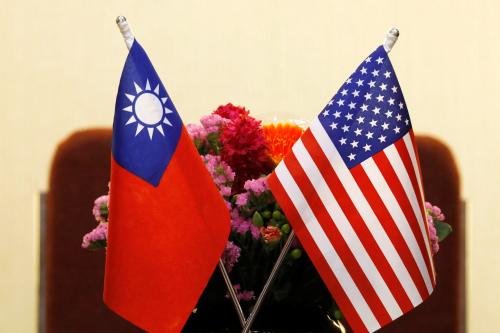
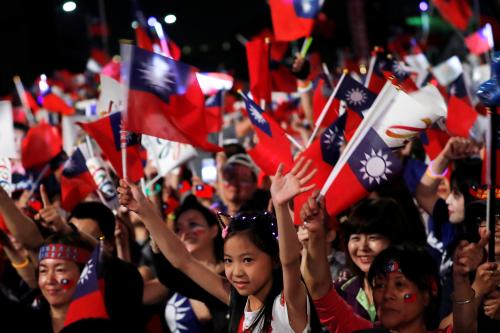
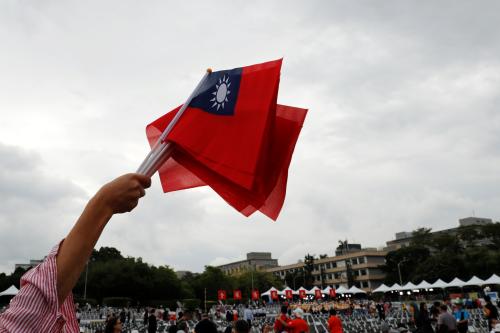
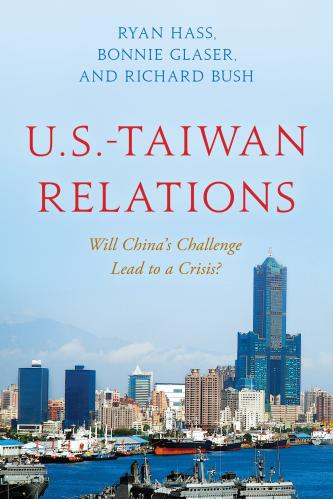

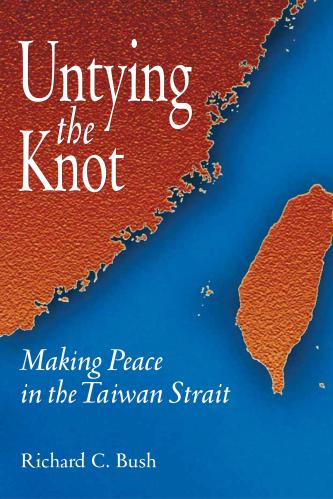

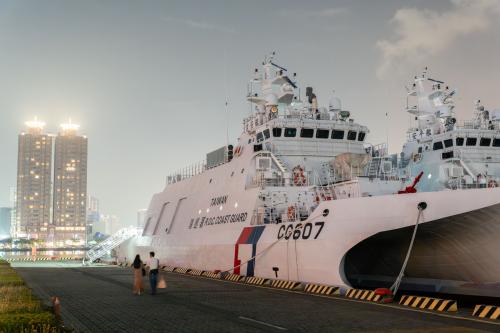
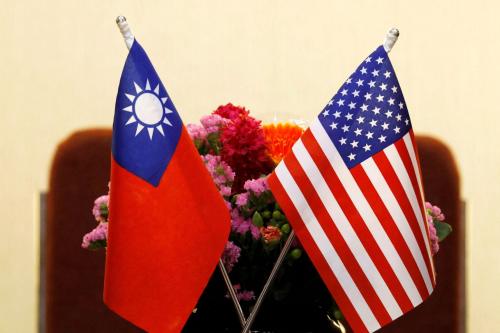

Commentary
Op-edReading the political winds: The case for Taiwanese discretion
August 13, 2018